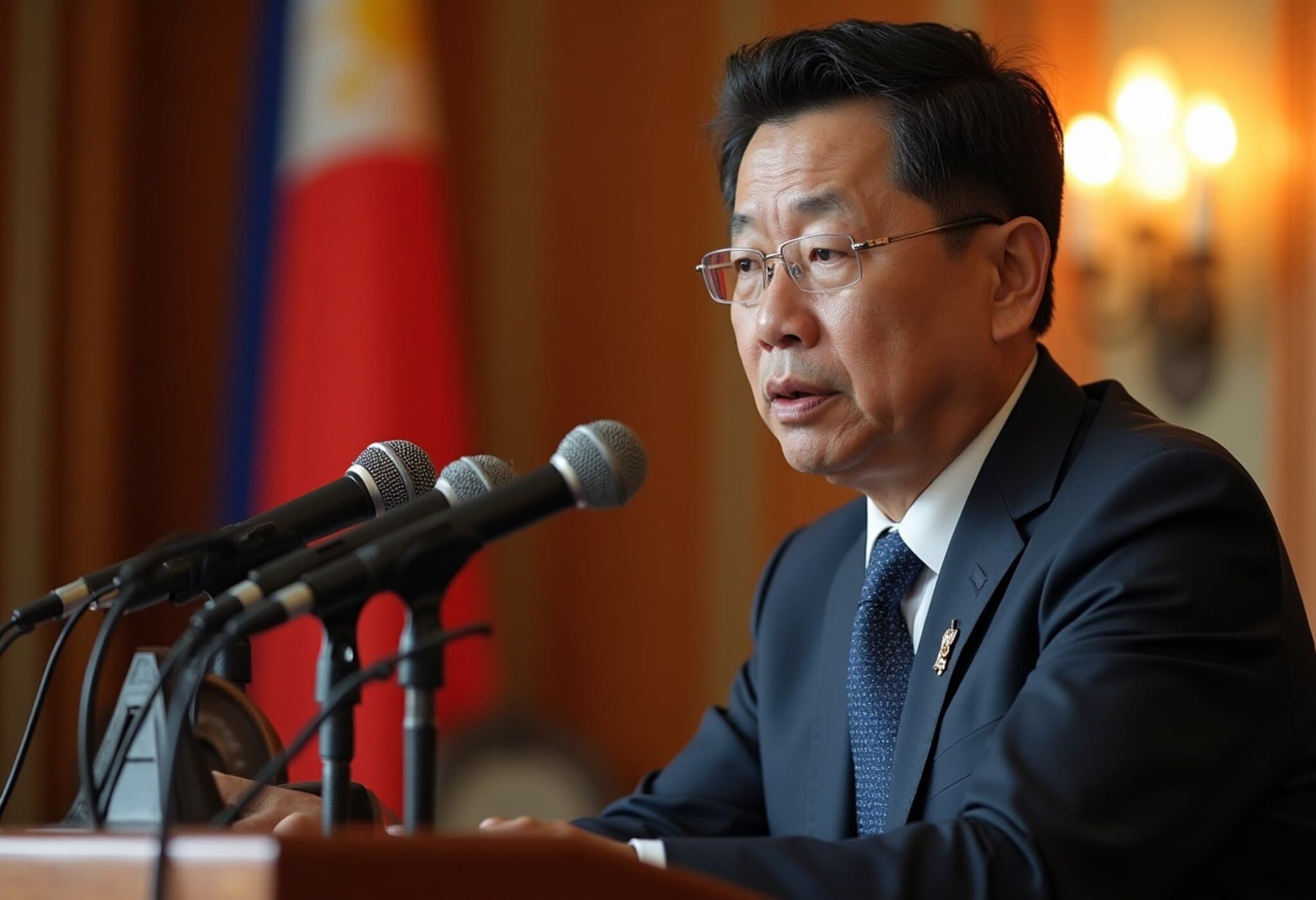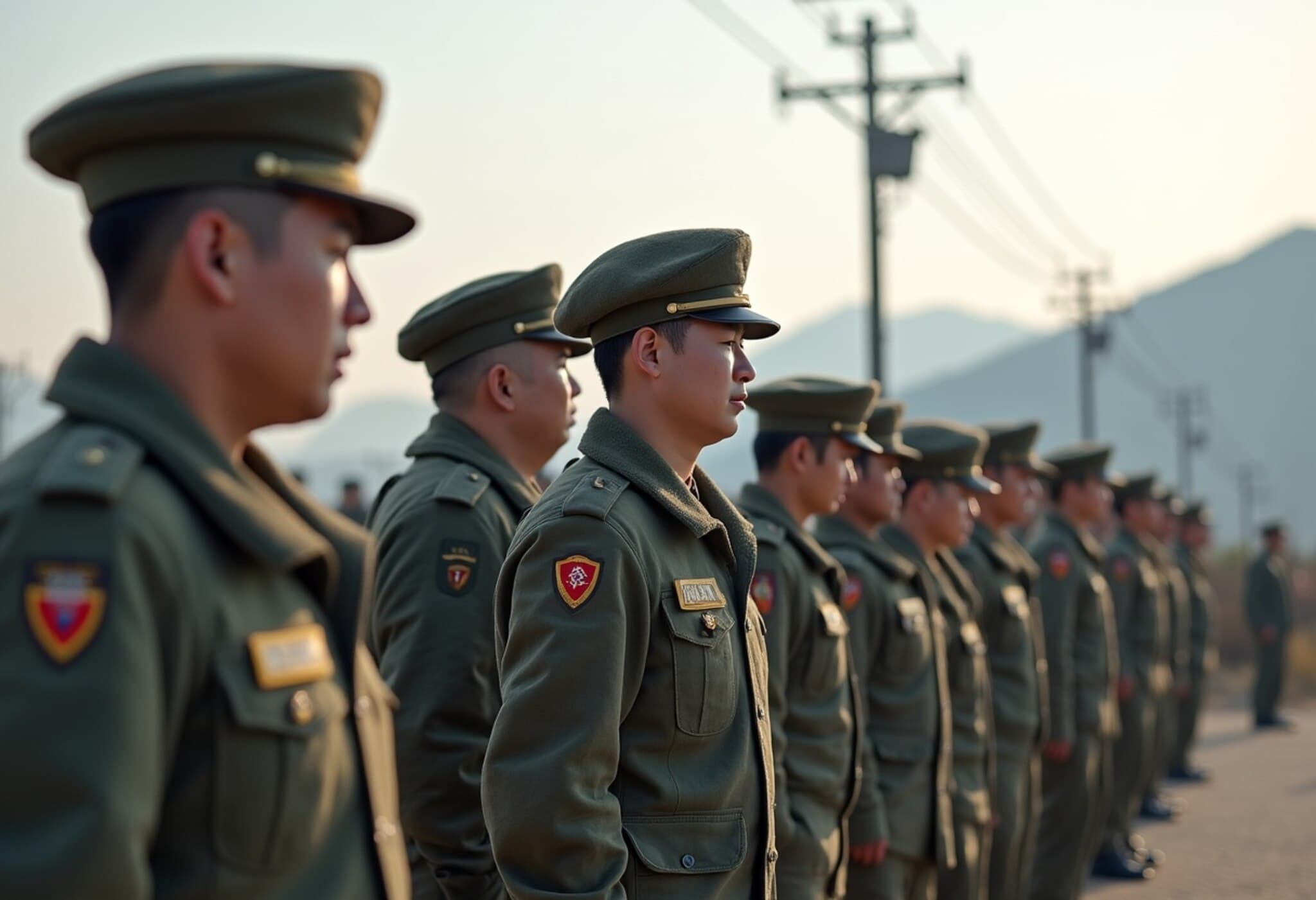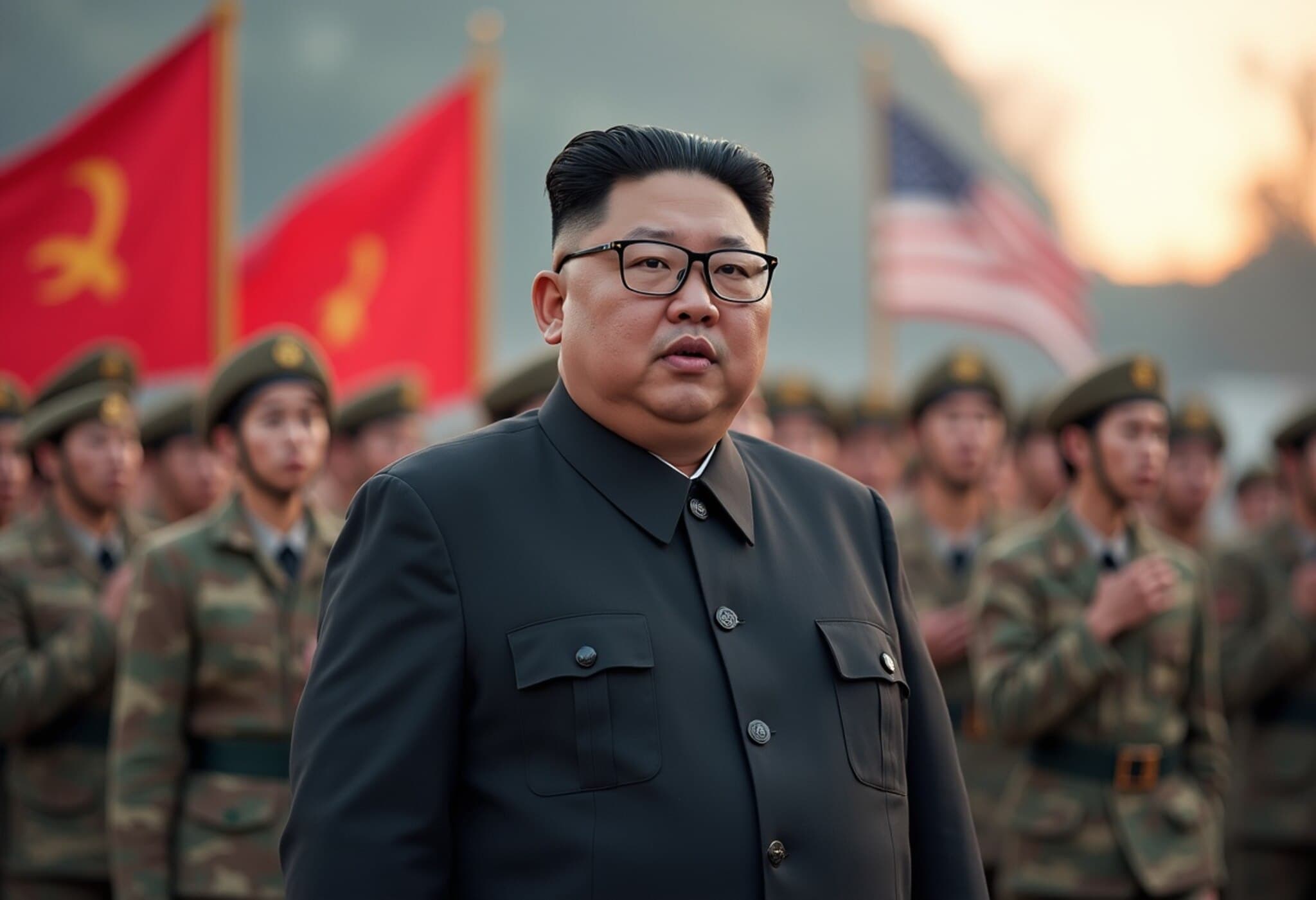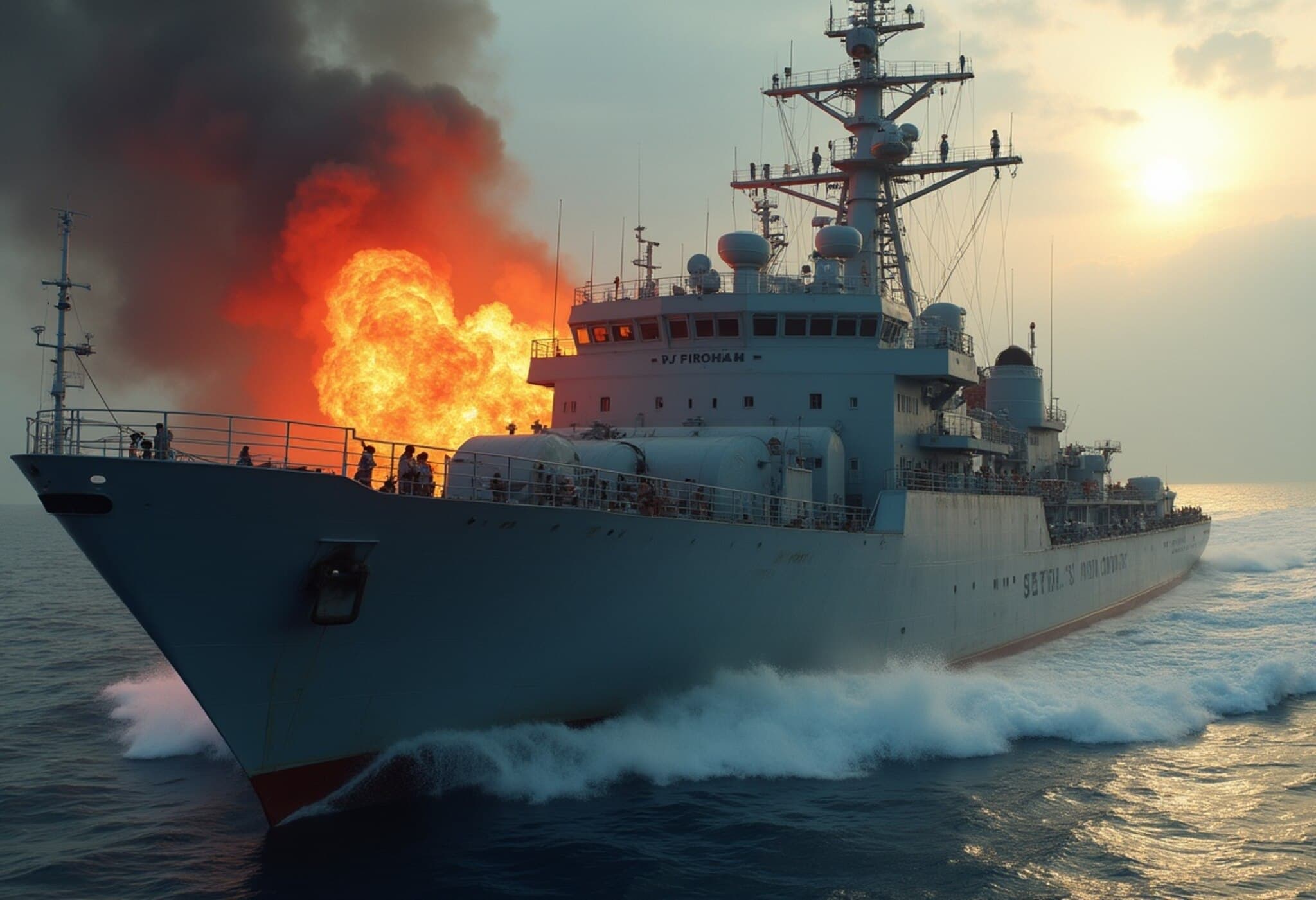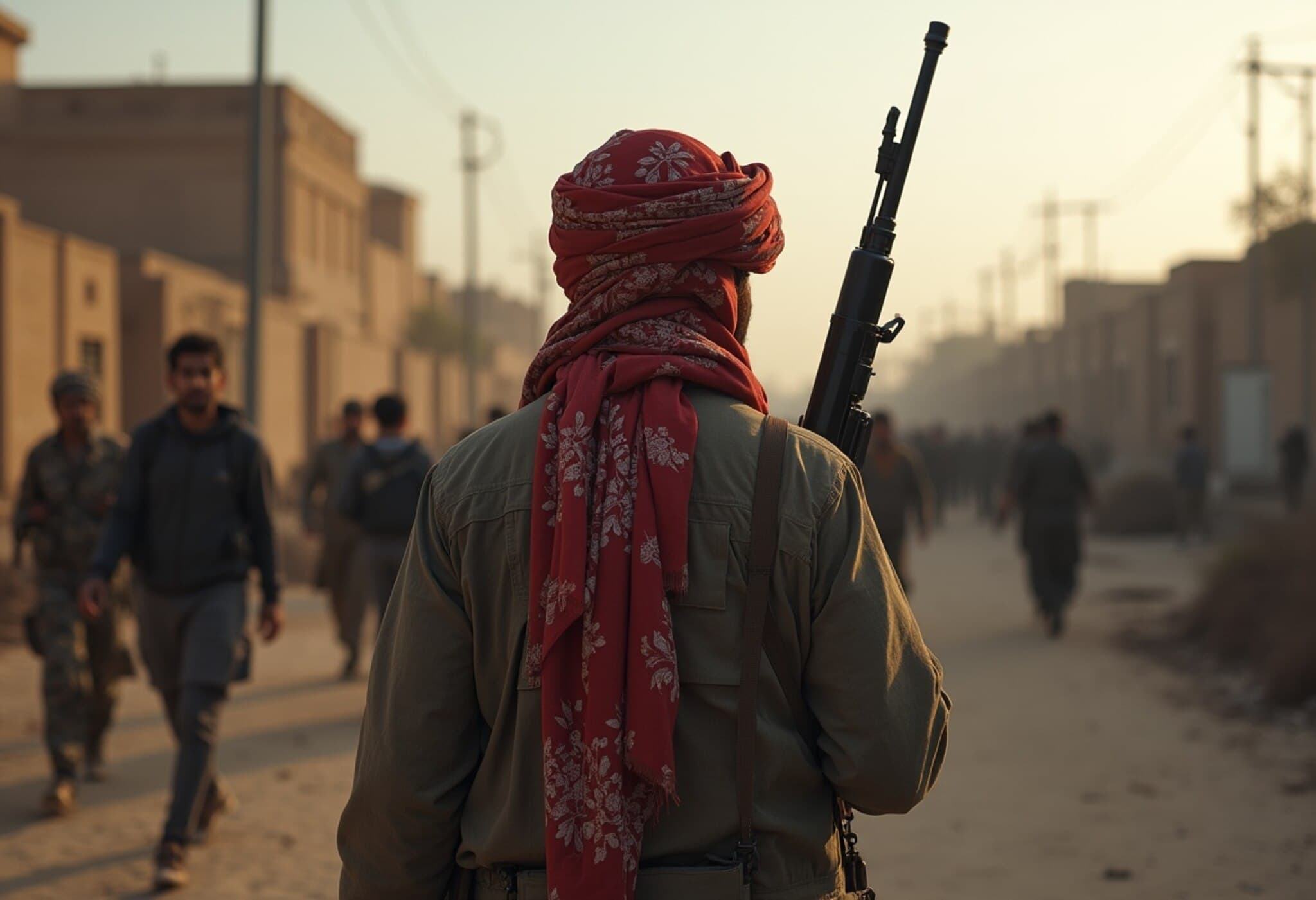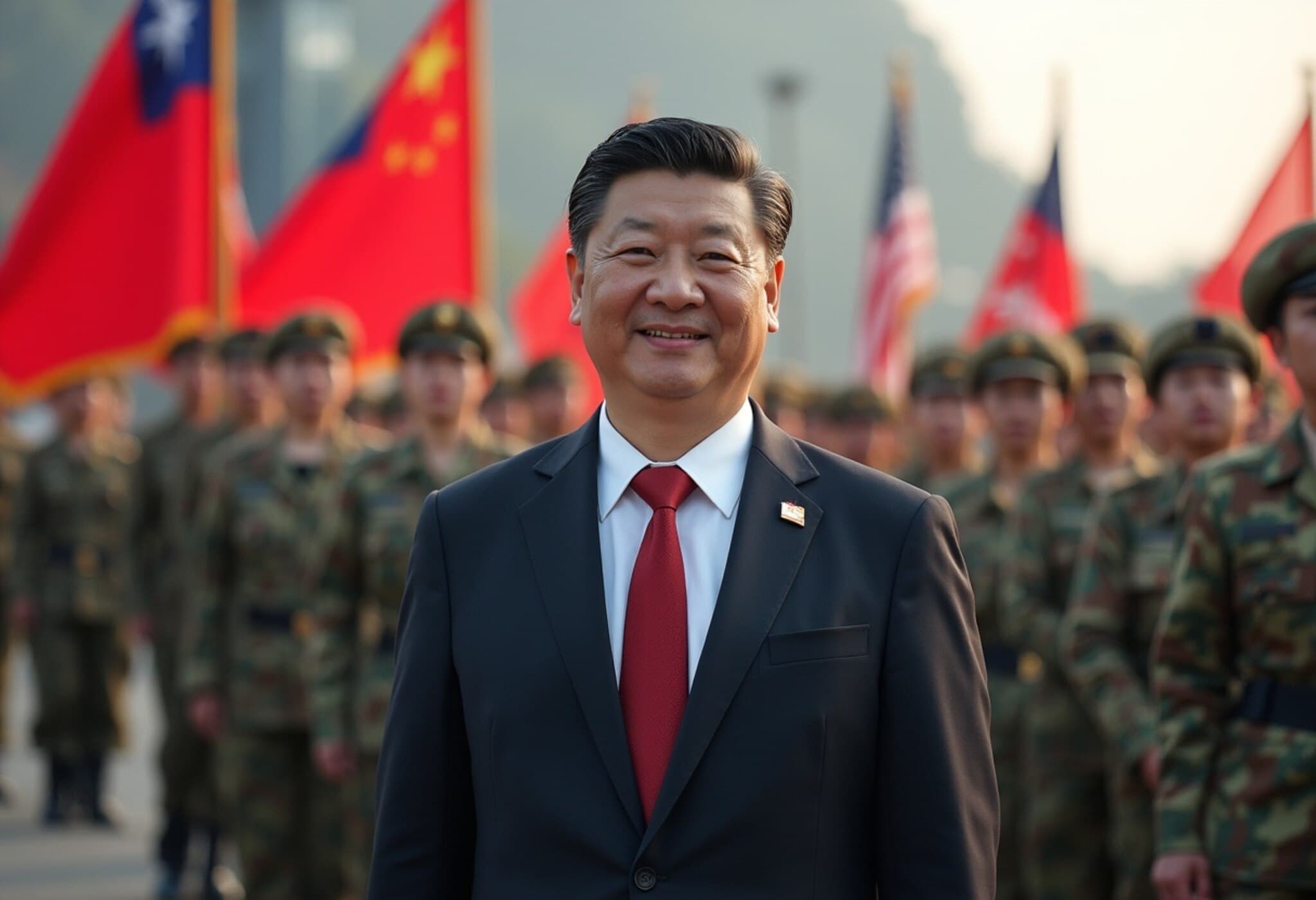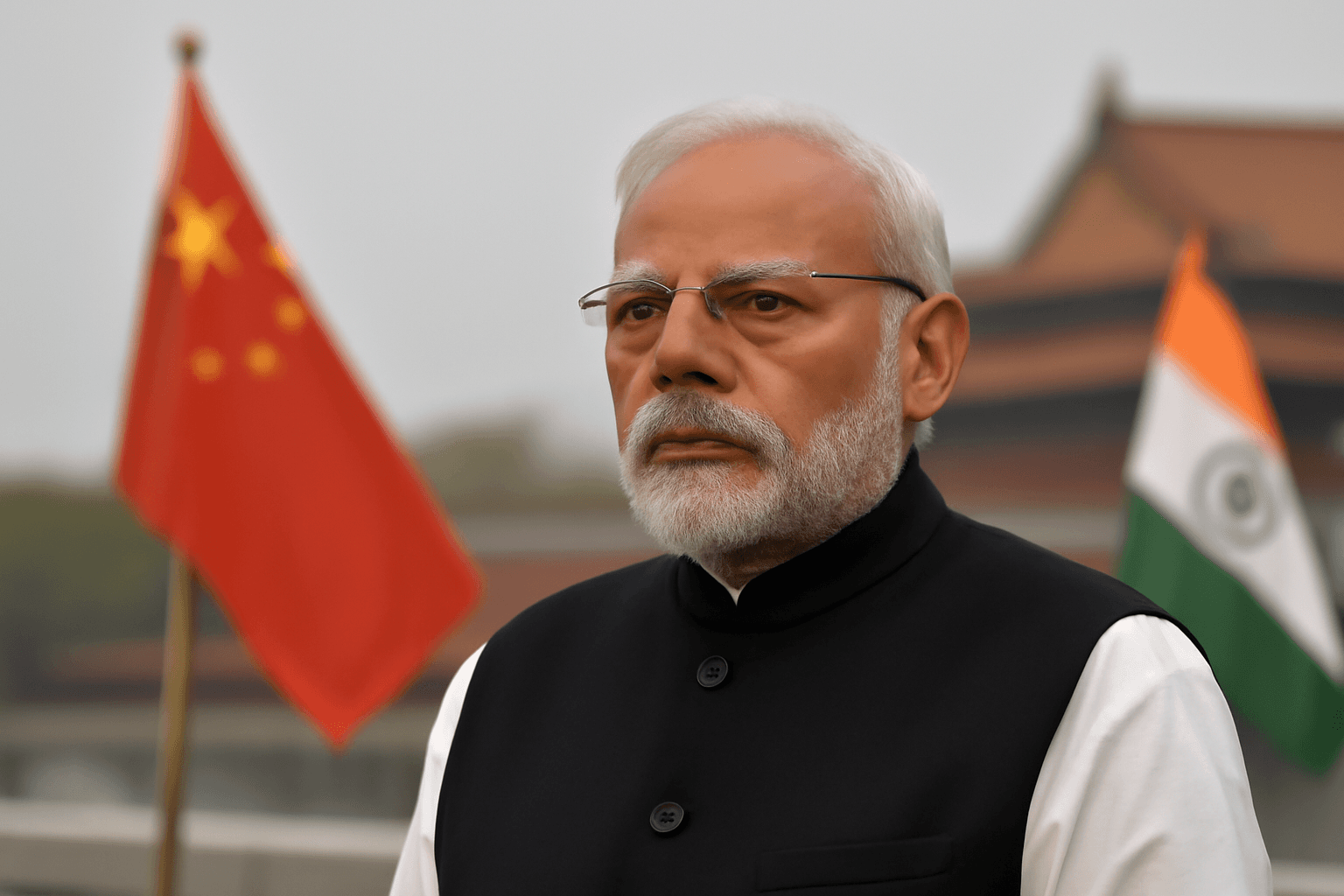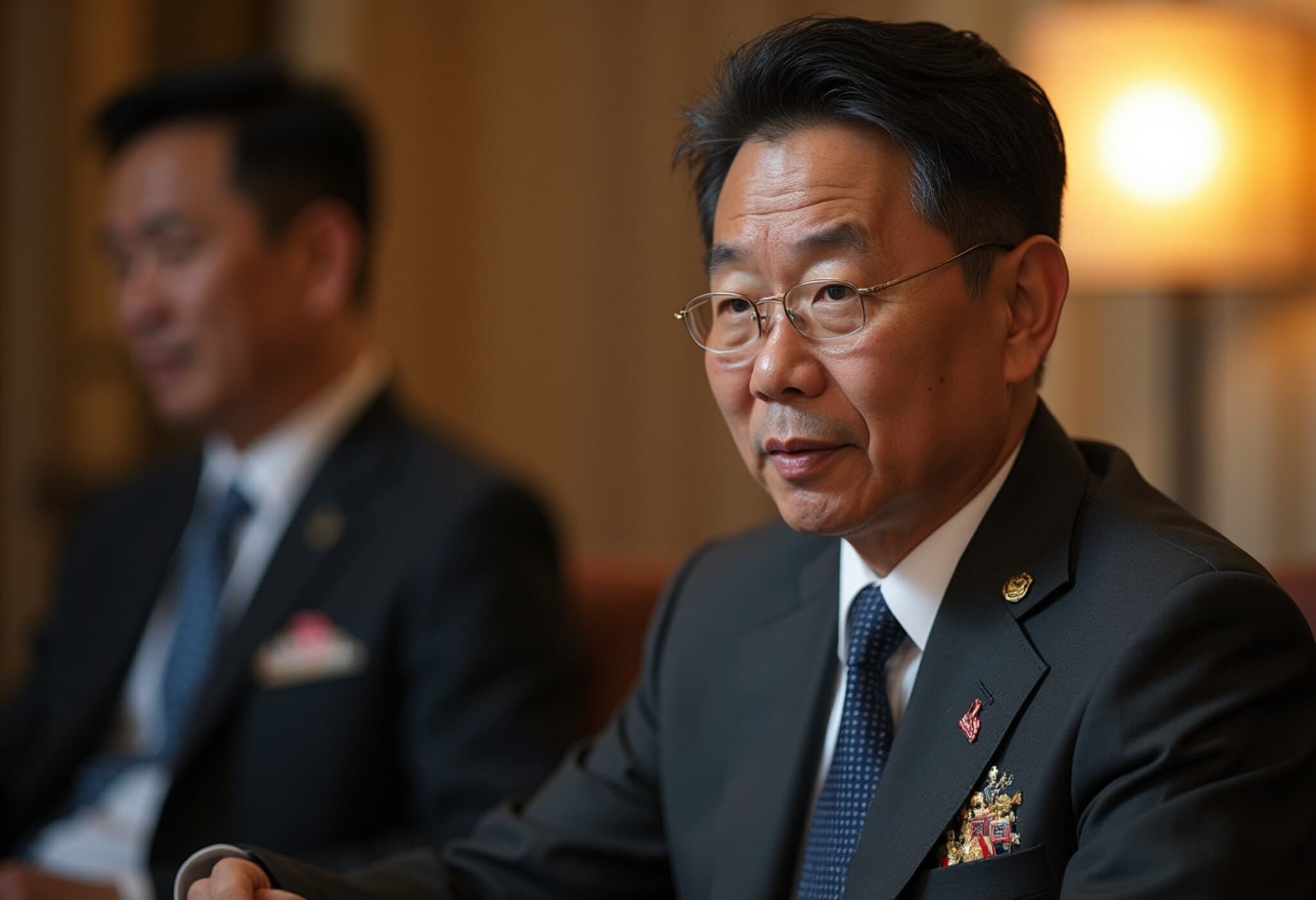China Lodges Strong Protest Against Philippines Over President Marcos Jr.'s Taiwan Comments
In a recent development that underscores the growing geopolitical tensions in East Asia, China’s Foreign Ministry and its embassy in the Philippines formally expressed serious protest following remarks made by Philippine President Ferdinand Marcos Jr. regarding the potential conflict involving Taiwan. These comments were delivered during an exclusive interview with Firstpost, igniting a diplomatic stir.
What Did President Marcos Jr. Say?
During his candid conversation with Firstpost’s Managing Editor Palki Sharma, President Marcos Jr. stated that the Philippines could not remain neutral if a confrontation were to erupt over Taiwan. Stressing the gravity of the situation, he remarked, “If there is an all-out war, we will be drawn into it. We will have to go into Taiwan and bring our people home.”
The president underscored the strategic imperative for regional powers — including India — to enhance security cooperation in the Indo-Pacific, noting the Philippine government's responsibility to protect its sizable expatriate community residing in Taiwan.
China’s Response: A Firm Declaration of Sovereignty
The Chinese Foreign Ministry responded swiftly and sternly, emphasizing the “one China” principle, asserting that Taiwan is an integral part of China and any discussion concerning Taiwan is strictly an internal matter. In a statement, officials noted:
“There is but one China in the world. Taiwan is an inalienable part of China. The Taiwan question is China’s internal affair, which is at the very core of China’s core interests. How to settle it is a matter for the Chinese ourselves, which brooks no interference.”
The embassy in Manila echoed this sentiment by lodging a formal protest with the Philippine government, cautioning against any actions or statements that could be viewed as interference in China’s sovereign affairs.
Geopolitical Stakes: Why This Matters
This diplomatic friction reflects the complex, often delicate balancing act many Southeast Asian nations face amid escalating U.S.-China rivalry. The Philippines, a long-standing U.S. treaty ally, has shown signs of recalibrating its foreign policy by fostering closer bilateral ties with countries like India, as demonstrated by President Marcos Jr.’s recent visit to New Delhi.
The South China Sea and Taiwan Strait have increasingly become hotspots where territorial claims and superpower interests collide. Marcos Jr.’s remarks bring to light an underreported aspect:
- The human dimension of security concerns, emphasizing the welfare of overseas Filipino workers.
- The Philippines’ potential role as a frontline state that may be forced into complex military decisions.
- The ongoing challenge for ASEAN countries in navigating sovereignty, diplomatic prudence, and alliance commitments.
Expert Insight
Dr. Maria Santos, a geopolitical analyst based in Manila, notes, “President Marcos Jr.’s statement signals a pragmatic acknowledgment of the Philippines’ entanglement in regional security dynamics that cannot be ignored. It also reflects Manila’s intent to assert its national interests amid the mounting pressure from China’s assertiveness.”
What’s Next?
As tensions simmer, the Philippines faces a complex diplomatic crossroads:
- How to sustain economic and security ties with China while reaffirming alliance commitments to the U.S. and other partners.
- Managing domestic expectations regarding national security and the protection of overseas citizens.
- Contributing constructively to regional mechanisms aiming at de-escalation and dialogue in the Indo-Pacific.
Editor’s Note
President Marcos Jr.'s frank acknowledgment of the Philippines’ potential involvement in any Taiwan conflict highlights the tangled web of modern geopolitics. This episode underscores the urgent need for nuanced diplomacy in Southeast Asia, where the intersecting interests of major powers pose risks not only to territorial integrity but also to the lives of everyday citizens abroad. Readers are encouraged to watch how Manila balances its sovereignty and alliances as the Indo-Pacific's security landscape continues to evolve.

